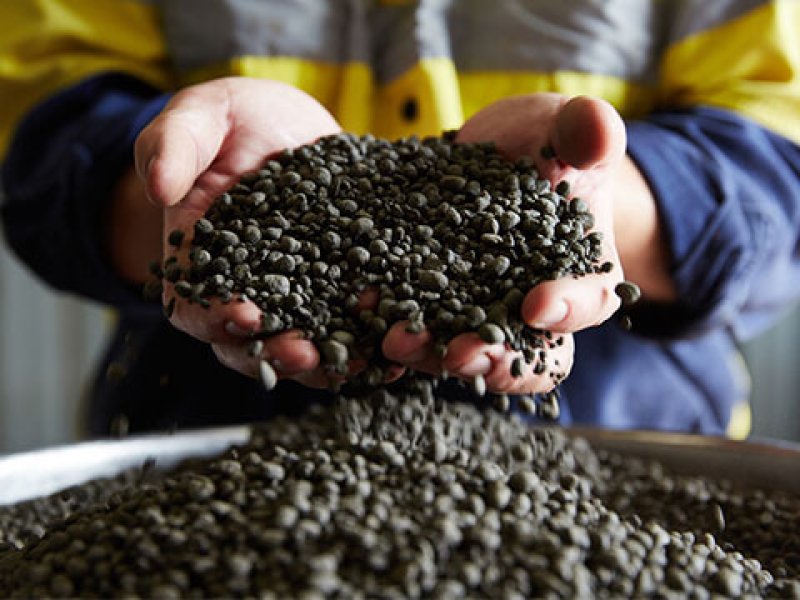New research suggests [that using sewage as fertilizer, also known as ‘biosolids’] could be a problem, as contaminants are now showing up in treated sludge—and, in lower levels, even in some animals that have fed off the plants it fertilizes.
…
Before sewage sludge is used on farm fields, the EPA requires that it undergo two processes aimed at destroying pathogens: anaerobic digestion—in which bacteria break sludge down in the absence of oxygen––and high-heat sterilization. Even so, some suggest that enough bacteria may survive to contribute to the spread of antibiotic-resistant strains. That’s a major concern, because when these “superbugs” spread in livestock farms and hospitals, disease can run rampant. And the bacteria can’t be easily killed with penicillin or other antibiotics.
Edo McGowan, a retired environmental scientist and outspoken critic of biosolids, is concerned about research showing antibiotic-resistance genes in soils treated with biosolids. These genes, he said, are easily spread by farm equipment or wind, winding up in bacteria that can be ingested by people and animals. “Some of these bugs are resistant to pretty much anything you can throw at them,” he told me.
The GLP aggregated and excerpted this article to reflect the diversity of news, opinion and analysis. Read full, original post: Turns Out That Using Human Poop to Fertilize Crops Isn’t Such a Great Idea































